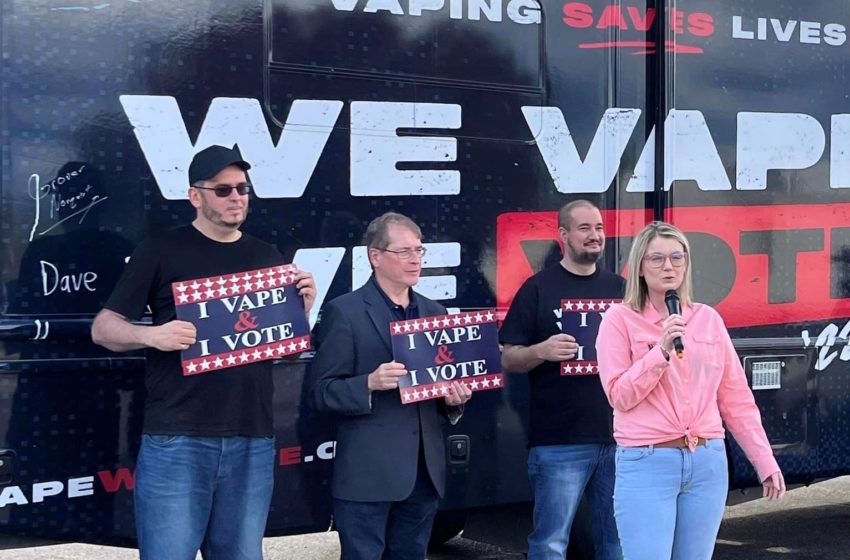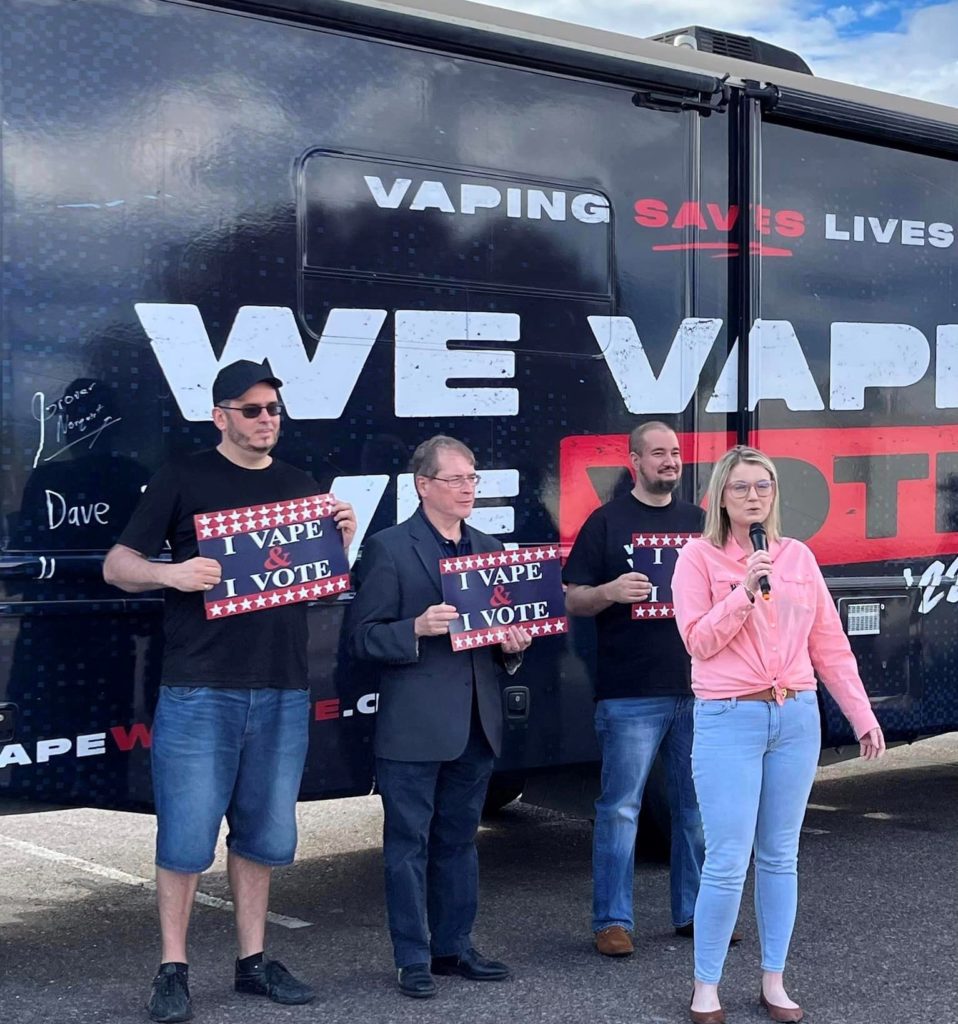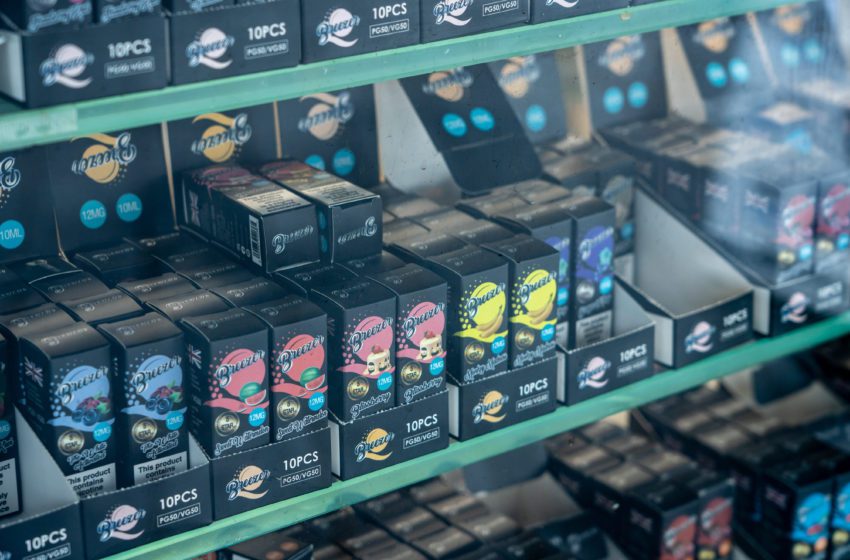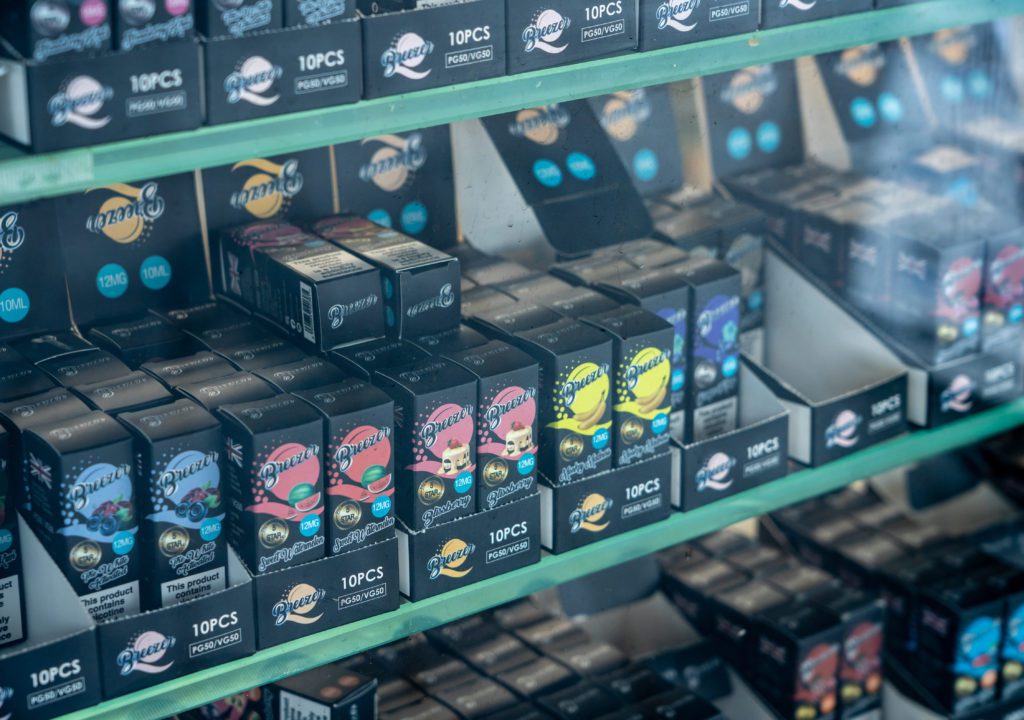
Vermont Governor Phil Scott returned Senate Bill 18, a sweeping ban on flavored tobacco, vapor, and all other nicotine-containing products, without a signature after it passed the Senate 18-11 and the House 83-53. Both fell short of enough votes to override the veto.
Tim Andrews, director of Consumer Issues for Americans for Tax Reform (ATR), said Scott’s veto is a “huge relief” to Vermonters who rely on vaping products to avoid returning to combustible cigarette use. He also said, “Rejecting the tax hike will make it easier for those who currently smoke to achieve cessation using vapor products, as flavors are proven to be a crucial factor in an adult smoker’s decision to quit.”
In his veto letter, Scott described S.18 as “hypocritical and out of step with other initiatives that have been passed”. Alongside the double standard of enacting a tobacco flavor ban post the legalization of cannabis (flavored varieties included) in 2020 and state advertisement of flavored alcohol products, the bill also compromises the state’s revenue stability, the ATR wrote in a press release.
This bill would have resulted in an estimated revenue loss of between $7.1 to $14.2 million in fiscal year 2027. Nearby Massachusetts has already experienced similar consequences as a result of its own flavor ban, seeing a $17 million loss in tobacco tax revenue to New Hampshire, which gained $18 million in revenues as residents drove across the border to purchase flavored products, according to ATR.









